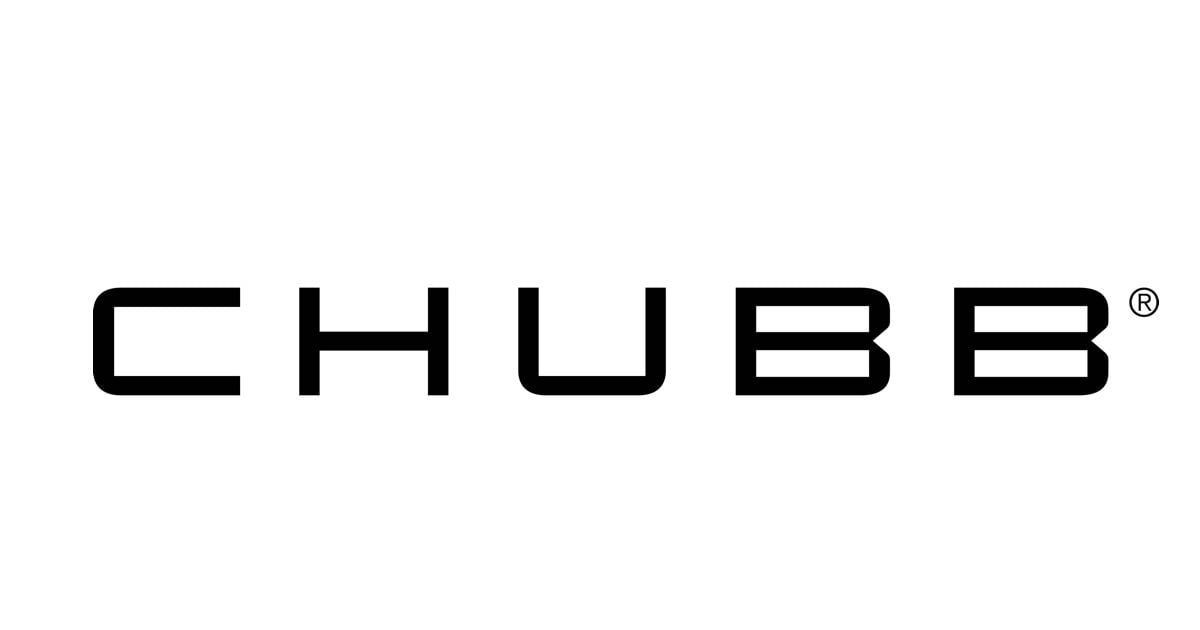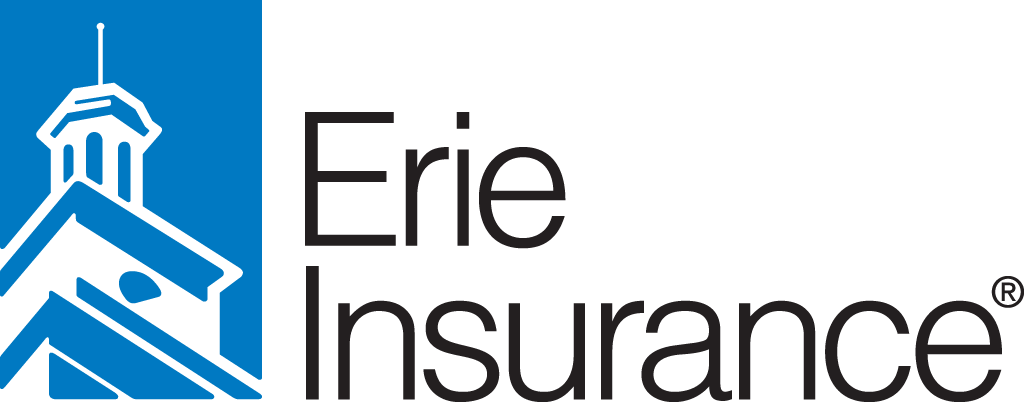Key takeaways
Chubb, Amica and Cincinnati Insurance received the highest ratings in our analysis of home insurers in North Carolina.
Allstate is the best cheap insurer in North Carolina, with a star rating of 4.5 and an average annual premium of $1,770.
Chubb, Amica and Cincinnati Insurance are among the best home insurance companies in North Carolina, according to our analysis.
To help you find the best home insurance in North Carolina, we gathered and analyzed data from insurance companies around the state. These are the insurers that earned 4.5 stars or more.
Rates are based on a sample homeowner with good credit, $300,000 of dwelling coverage, $300,000 of liability coverage and a $1,000 deductible.
Company | NerdWallet star rating | Average annual rate |
|---|---|---|
Not available | ||
Not available | ||
Not available | ||
$2,270 | ||
$4,240 | ||
$1,770 | ||
USAA* | $3,315 | |
*USAA membership is open only to active military, veterans, some federal employees and their families. | ||
» MORE: The best homeowners insurance
Get home insurance quotes in minutes
Answer a few questions to see custom quotes and find the right policy for you.The best home insurance companies in North Carolina
Note: Some insurance companies included in this article may have made changes in their underwriting practices and no longer issue new policies in your state.

Chubb
- Far fewer consumer complaints than expected for a company of its size.
- Standard coverage includes features that many companies offer only as extras.
- Perks to help you protect your home.
- Most consumers can't get a quote online and will instead need to contact a local agent.
Chubb caters to affluent homeowners, offering coverage other insurers often charge extra for. For example, the company’s policies include extended replacement cost coverage for the structure of your home. This is useful in case it costs more than your dwelling limit to rebuild after a disaster. Chubb’s standard policies also cover water damage from backed-up sewers and drains.
Chubb policyholders with seasonal or secondary homes in North Carolina are eligible for the company’s Property Manager service at no charge. With this service, a Chubb representative will check your home after a hurricane and report its condition to you. They can also help prevent further damage and submit a claim on your behalf.
» READ MORE: Chubb homeowners insurance review

Amica
- High customer satisfaction ratings and low consumer complaints.
- Platinum Choice package offers extra coverage.
- Dividend policies can return a portion of your premiums.
- You can start a quote online but may have to finish the buying process by phone.
Amica shines when it comes to customer service. It draws a very low rate of complaints compared to other insurers, according to the National Association of Insurance Commissioners. Amica also earned high marks in two recent J.D. Power surveys about home insurance and customer satisfaction.
The company stands out for its broad range of coverage options. For example, you can customize your policy with extra coverage above your dwelling limit. This could be useful in case your house costs more to rebuild than expected. You may also want to add coverage for identity theft or damage from backed-up drains.
» READ MORE: Amica homeowners insurance review

Cincinnati Insurance
- Various coverage options.
- Far fewer complaints than expected for a company of its size.
- Coverage available for higher-value homes.
- No online quotes.
- Very little information on website.
If you want to do business with companies that value sustainability, consider Cincinnati Insurance. In recent years, the insurer has reduced fossil fuel emissions from both its facilities and company vehicles. When you buy Cincinnati home insurance, you may be able to add a “green upgrade” endorsement. With this coverage, you can use eco-friendly materials to repair or rebuild your home after a claim.
The company offers a variety of other options, including comprehensive coverage for high-value homes. You may be able to add coverage for things like identity theft, personal cyber attacks or certain types of water damage.
» READ MORE: Cincinnati homeowners insurance review
State Farm
- User-friendly website.
- Agents offer personalized service.
- Policies generally include extra coverage for your home’s structure.
- Below average for claim satisfaction in a recent J.D. Power study.
As America’s largest home insurer, State Farm stands out for its long list of coverage options. Its policies generally include extra dwelling coverage in case it costs more than expected to rebuild your home.
You may be able to add coverage for things like identity theft and water damage from backed-up drains. Another option may be to add an inflation guard rider to your policy. This automatically increases your policy limits to keep up with rising costs.
» READ MORE: State Farm homeowners insurance review

Erie
- Policies may include guaranteed replacement cost coverage.
- Receives far fewer complaints than expected for a company of its size.
- No online quotes.
Erie stands out by including guaranteed replacement cost coverage for the structure of your home in most of the states it covers. With this coverage, the company will pay to rebuild your home completely after a disaster, even if the amount exceeds your dwelling limit. Many insurers don’t offer this at all, even as an option.
If you bundle your home and auto insurance with Erie, you could get a discount of 15% or more. You may also be able to save on your premium if your home has safety and security features such as smoke alarms or sprinkler systems.
» READ MORE: Erie homeowners insurance review
Allstate
- Lots of discounts to help you save.
- Home-sharing coverage available.
- Many ways to customize your coverage.
- Ranked below average for consumer satisfaction in recent J.D. Power studies.
Allstate offers lots of ways to customize your policy, including replacement cost coverage for your personal property and coverage for water damage caused by backed-up drains. Other options may include home-sharing coverage and reimbursement for replacing damaged items with energy-efficient versions.
Allstate stands out for its lengthy list of discounts, including ones for buying a newly constructed home and setting up autopay. You may also qualify for a discount if you bundle home and auto insurance with Allstate.
» READ MORE: Allstate homeowners insurance review

USAA
- Policies include standard coverage that often costs extra elsewhere.
- Far fewer customer complaints to state regulators than expected for a company of its size.
- Available only to active military members, veterans, some federal employees and their families.
USAA sells homeowners insurance to active military members, veterans, some federal employees and their families. If that’s you, you may want to consider USAA.
The company offers some perks that are specific to members of the military, like deductible-free coverage for military uniforms and equipment. USAA will also waive your deductible if your personal property is damaged or lost due to war.
USAA homeowners insurance has certain features that many insurers charge extra for. For example, USAA covers your personal belongings on a replacement cost basis. That means you’ll get enough money to buy brand-new replacements for damaged items. Many companies pay only what your items are worth at the time of the claim.
» READ MORE: USAA homeowners insurance review
How much does homeowners insurance cost in North Carolina?
The average annual cost of home insurance in North Carolina is $2,490. That’s 18% more than the national average of $2,110.
In most U.S. states, including North Carolina, many insurers use your credit-based insurance score to help set rates. Your insurance score is similar but not identical to your traditional credit score.
In North Carolina, those with poor credit pay an average of $3,205 per year for homeowners insurance, according to NerdWallet’s rate analysis. That’s 29% more than those with good credit.
Average cost of homeowners insurance in North Carolina by city
How much you pay for home insurance in North Carolina depends on where you live within the state. For example, the average cost of homeowners insurance in Charlotte is $2,550 per year, on average, but homeowners in the coastal city of Wilmington pay an average of $7,210 per year.
City | Average annual rate | Average monthly rate |
|---|---|---|
Apex | $2,540 | $212 |
Asheville | $2,240 | $187 |
Burlington | $2,410 | $201 |
Cary | $2,540 | $212 |
Chapel Hill | $2,490 | $208 |
Charlotte | $2,550 | $213 |
Clayton | $2,765 | $230 |
Concord | $2,620 | $218 |
Durham | $2,515 | $210 |
Fayetteville | $3,340 | $278 |
Gastonia | $2,440 | $203 |
Greensboro | $2,410 | $201 |
Greenville | $3,515 | $293 |
Hickory | $1,950 | $163 |
High Point | $2,410 | $201 |
Jacksonville | $4,140 | $345 |
Lexington | $2,620 | $218 |
Matthews | $2,550 | $213 |
Monroe | $2,570 | $214 |
Mooresville | $2,460 | $205 |
Raleigh | $2,540 | $212 |
Salisbury | $2,620 | $218 |
Wake Forest | $2,540 | $212 |
Wilmington | $7,210 | $601 |
Winston Salem | $2,410 | $201 |
The cheapest homeowners insurance in North Carolina
The companies above aren’t your only options. Below are the insurers we found with average annual rates below the North Carolina average of $2,490.
Company | NerdWallet star rating | Average annual rate |
|---|---|---|
Lititz Mutual | Not rated | $1,195 |
North Carolina Farm Bureau | Not rated | $1,275 |
$1,725 | ||
$1,770 | ||
$2,270 |
Common risks for North Carolina homeowners
Here are a few things to keep in mind when shopping for home insurance in North Carolina.
Hurricanes and tropical storms
Hurricanes can cause wind and flood damage, and a standard homeowners policy may not cover you completely.
Homeowners insurance doesn’t typically cover flood damage, so you might need separate flood insurance. This is an especially good idea if you live along the coast or in an area prone to flooding.
To check your flood risk, start by looking up your address on the Federal Emergency Management Agency's flood maps. However, FEMA’s maps don’t always capture all types of flood risk. You may want to check another source, like First Street, a private company that models climate hazards. Enter your address at the top of the page to see your home’s flood risk rating on a scale of 1 to 10.
Homeowners insurance usually covers damage caused by wind. But in North Carolina, you may pay a separate insurance deductible for wind or hail damage. Depending on where you live, your insurer may decline to provide wind and hail coverage as part of your homeowners insurance policy. If that happens, you can buy windstorm insurance from a private insurer or the North Carolina Insurance Underwriting Association.
Tornadoes
In most parts of North Carolina, your homeowners insurance policy will likely cover wind damage caused by tornadoes. But if you live near the coast, your homeowners insurer may not cover wind damage due to hurricane risk. That usually means you won’t be covered for tornado damage, either.
You can buy separate windstorm insurance through private insurers or the North Carolina Insurance Underwriting Association.
Winter storms
A standard homeowners policy covers many types of winter storm damage. For example, if a pipe freezes and bursts or a heavy snowfall knocks a tree onto your roof, your insurer will usually pay for the damage. However, if you don’t take appropriate precautions to protect your home, your insurance company may not pay for repairs.
Get home insurance quotes in minutes
Answer a few questions to see custom quotes and find the right policy for you.North Carolina Department of Insurance
The North Carolina Department of Insurance oversees the insurance industry in North Carolina and provides information and resources to consumers. You can file a complaint about your insurer or request help using the agency’s website. You can also get assistance by calling 855-408-1212.
How we rate homeowners insurance
NerdWallet’s star ratings reward companies for consumer-first features and practices. We evaluate factors such as consumer experience, coverage, discounts and financial strength.
In our research, we analyzed:
More than 270 million homeowners insurance rates.
More than 100 insurance companies.
Nearly 200 homeowner profiles.
View our complete homeowners insurance rating methodology.
Frequently asked questions
There’s no law in North Carolina that requires you to buy homeowners insurance. But if you have a mortgage on your home, your lender probably requires at least enough insurance to cover the structure of the house. (This is sometimes called hazard insurance.) For more information, read Is Homeowners Insurance Required?
North Carolina sees more hurricane landfalls than most U.S. states, which means the state’s homeowners — especially along the coast and Outer Banks — tend to pay more for insurance. More generally, the cost of homeowners insurance has been going up across the country. The combination of inflation, supply chain issues and natural disasters has made rebuilding more expensive. That increased cost is reflected in higher insurance premiums.
Make sure you’re getting all the home insurance discounts you’re eligible for. You may be able to save by bundling your home and auto policies, installing safety or security features, or strengthening your home against hurricanes. Shop around regularly to see whether less expensive policies are available. We recommend getting home insurance quotes once a year from at least three companies.
Star rating methodology
NerdWallet’s homeowners insurance ratings reward companies for customer-first features and practices. Ratings are based on weighted averages of scores in several categories, including financial strength, consumer complaints, coverage, discounts, claims process and website functionality. These ratings are a guide, but we encourage you to shop around and compare several insurance quotes to find the best rate for you. NerdWallet does not receive compensation for any reviews or star ratings.
Here’s how we weighted each category to come up with our list of the best home insurance companies:
Consumer experience (40%).
Financial strength (30%).
Coverage (25%).
Discounts (5%).
Read our full home insurance ratings methodology for more details.
Homeowners insurance rates methodology
NerdWallet calculated median rates for 40-year-old homeowners from various insurance companies in the 25 largest cities in each U.S. state by population. All rates are rounded to the nearest $5.
Sample homeowners were nonsmokers with good credit living in a single-family, two-story home built in 1984. They had a $1,000 deductible and the following coverage limits:
$300,000 in dwelling coverage.
$30,000 in other structures coverage.
$150,000 in personal property coverage.
$60,000 in loss of use coverage.
$300,000 in liability coverage.
$1,000 in medical payments coverage.
We made minor changes to the sample policy in cases where rates for the above coverage limits or deductibles weren’t available.
In states where credit is a rating factor, we changed the credit tier from “good” to “poor,” as reported to the insurer, to see rates for homeowners with poor credit.
These are sample rates generated through Quadrant Information Services. Your own rates will be different.
Complaint methodology
NerdWallet examined complaints received by state insurance regulators and reported to the National Association of Insurance Commissioners in 2022-2024. To assess how insurers compare with one another, the NAIC calculates a complaint index each year for each subsidiary, measuring its share of total complaints relative to its size, or share of total premiums in the industry. To evaluate a company’s complaint history, NerdWallet calculated a similar index for each insurer, weighted by market shares of each subsidiary, over the three-year period.
NerdWallet conducts its data analysis and reaches conclusions independently and without the endorsement of the NAIC. Ratios are determined separately for auto, home (including renters and condo) and life insurance.







